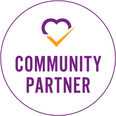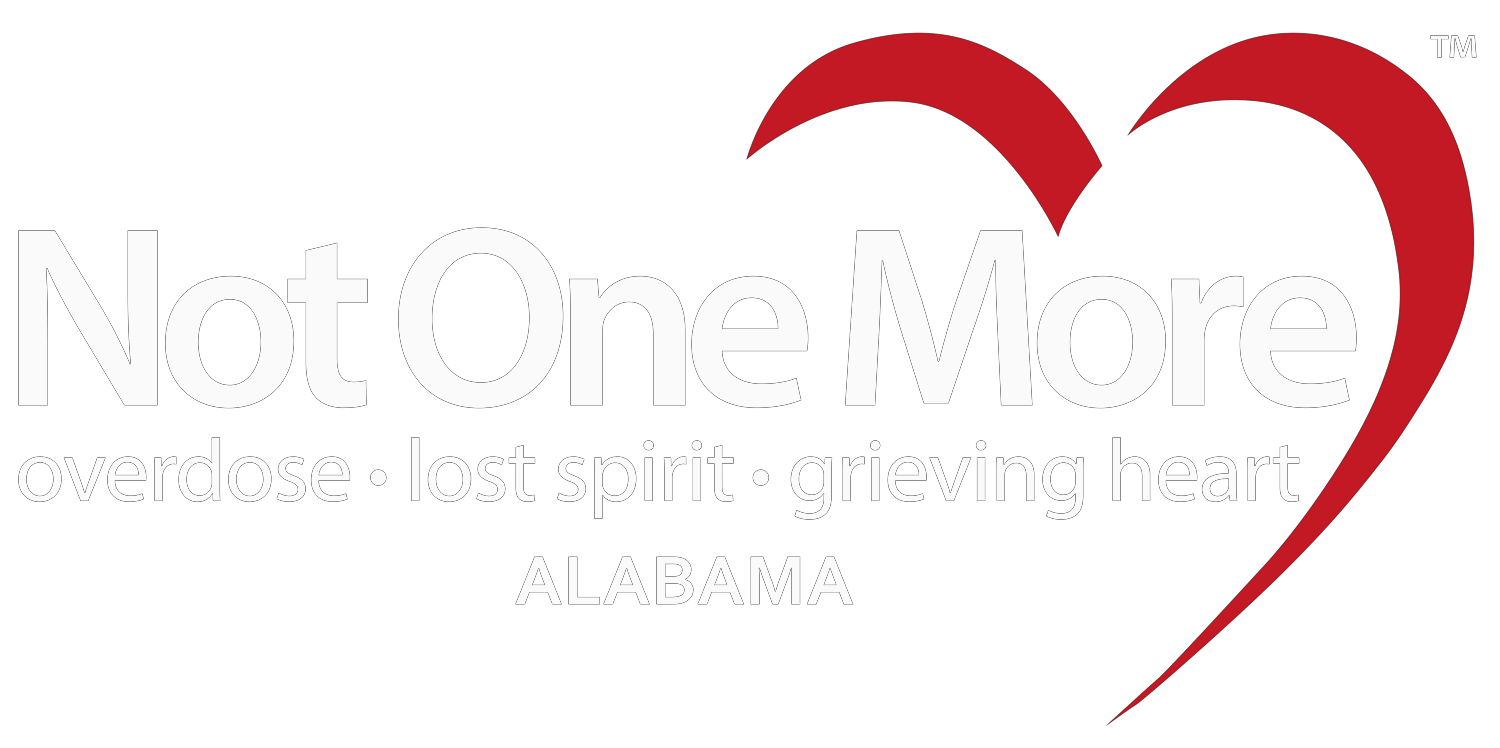There is a lot of stigma and misunderstanding with substance use disorders, treatment and recovery. But you should never let social judgment stand in the way of getting your loved one the help he or she needs and deserves. #1 FACT: Substance use changes the brain, which can make drug use compulsive.
An adolescent may start out doing drugs occasionally or may be prescribed medicine by a doctor. Over time, continued use rewires the brain to compulsively seek substances, despite negative consequences. With opioids, a person may initially like the euphoria, but soon, the drug is needed just to feel “normal” and not get sick from withdrawal. #2 FACT: Expecting your child to “just quit” cold turkey is unrealistic. Changing substance use behavior is a process. In the beginning your child may not think there is a problem. Next, she may realize it is a problem, but feel conflicted about addressing it. Then she needs to figure out how to deal with it and take steps in a healthier direction, including getting professional help, changing friends, learning drug refusal skills and more. #3 FACT: Intervening early is more effective than waiting for “rock bottom.” Because behavior change is a process, instead of letting your son or daughter hit their lowest point, it’s important to help right away. And it is much easier to help when they are still engaged in school or work, have social supports and interested in sports or hobbies. In other words, they have structure, purpose and social connections — scaffolding needed for a good outcome. #4 FACT: Your child can be ambivalent about treatment and it can still be effective. While some welcome the opportunity for treatment, most will be conflicted about stopping their substance use. Studies show those who enter drug treatment programs as a result of loving pressure do comparatively better in treatment, regardless of the reason they sought treatment in the first place. #5 FACT: Relapse is common and represents a learning opportunity. Relapse doesn’t mean that treatment hasn’t worked. As with all chronic diseases, many people have one or more relapses before achieving long-lasting recovery. Relapses happen both when the person is doing well or when struggling, and can serve as a learning opportunity to identify what triggered the relapse — and to find ways to address it for the future. #6 FACT: Positive behavior and communication skills are more effective than punishment. Addiction is a brain disease and needs family support as with any other chronic illness. Shaming, detaching or punishing often backfires, with kids spiraling further into risky substance use and isolation. What does work is reinforcing positive behaviors, finding healthy activities that compete with your child’s use and letting him or her experience natural consequences. Coupled with empathy and compassion, this approach (known as CRAFT) is a scientifically-proven way to help parents change their child’s substance use. #7 FACT: Finding an effective approach for treatment can mean investigating different doctors or programs before finding a good “match.” The best programs give a screening and in-depth assessment of your child by a qualified professional versed in addiction and mental health. They will develop an individual treatment plan and combine methods tailored to address your child’s specific needs. But don’t be discouraged if the first program you investigate is not a good fit — keep exploring other options. #8 FACT: Medication-assisted treatment, coupled with counseling, is the preferred treatment for heroin and other opioids. Taking medication for an opioid addiction is like taking medication for any other chronic disease, like diabetes or asthma. Numerous studies have shown that medications can reduce cravings, relapses and overdoses when taken as prescribed. #9 FACT: Many people struggling with substance use require longer-term and/or repeated treatment. Because a drug problem can include relapses, going through treatment once may not be sufficient to keep your child drug free. Each treatment episode allows them to be abstinent for a period of time while learning new coping skills but it may take time. Know the treatment options available so that you can make the best choice for your child’s path to recovery.
0 Comments
|
Not One More - AlabamaA group of people damaged but not destroyed by addiction. We are fighting this battle together. Archives
September 2021
Categories |
Email Us at [email protected]
Or leave a message at: 256-384-5055

Not One More Alabama is proud to be a Community Partner with The Partnership to End Addiction , an organization that provides personalized support and resources to families impacted by addiction, while mobilizing policymakers, researchers and health care professionals to more effectively address addiction systemically on a national scale.
Not One More Alabama is a not-for-profit 501(c)(3) organization. Donations may be tax-deductible.
Our federal tax ID number is 61-1807663

 RSS Feed
RSS Feed
